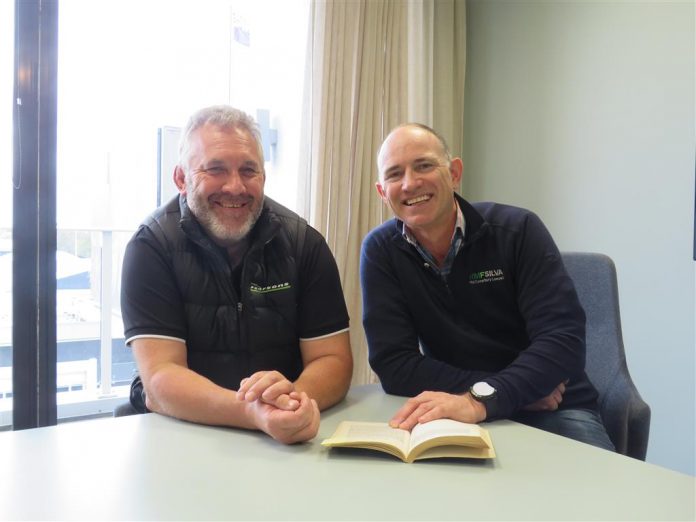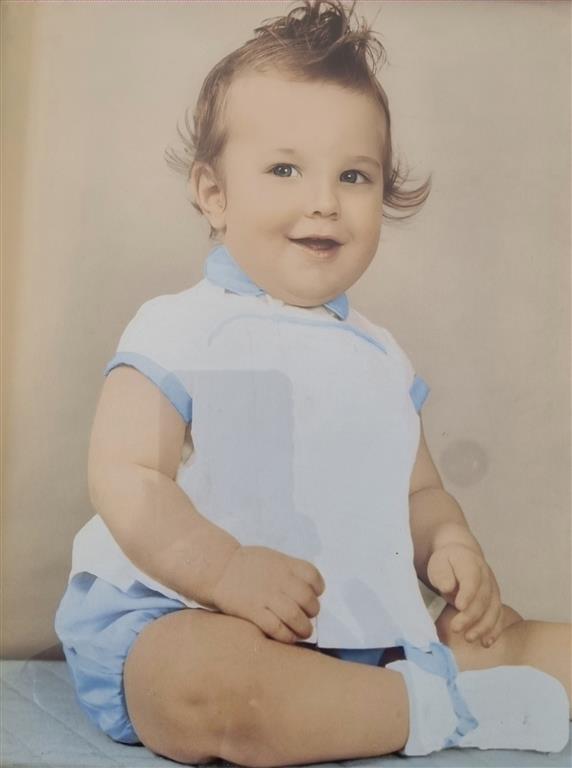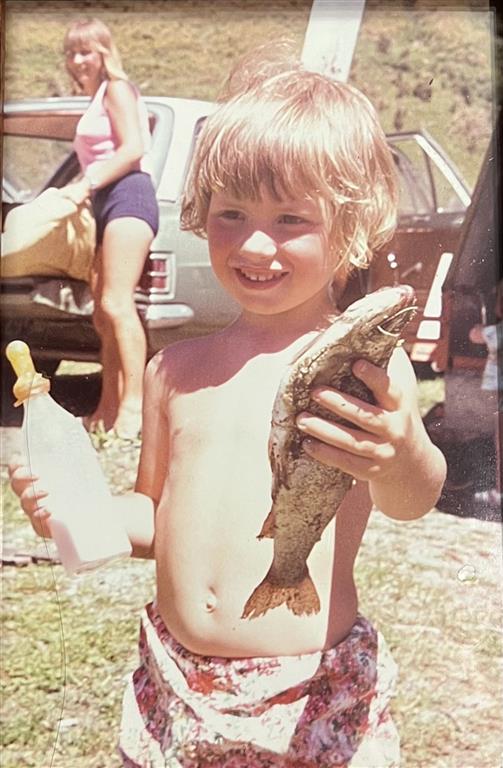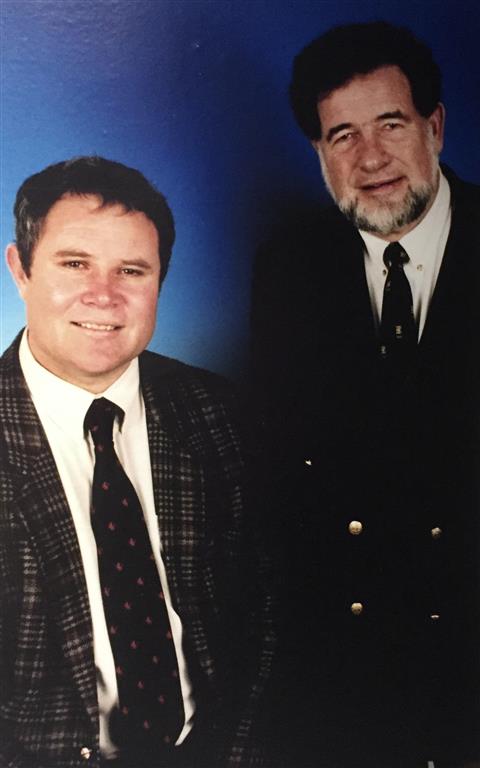
Two Ashburton men are proud to be among a group of the most studied people on earth.
Fifty-one-year-olds Tim Silva and Mark Cook were two of 1037 babies born at Dunedin’s Queen Mary obstetric hospital between 1972 and 1973 who became part of the famed Dunedin Study.
The lawyer and business manager have a special bond, both friends who share a sense of purpose from having provided invaluable health and development data throughout their lives.
Tim has a particularly strong affiliation with the study, as his psychologist father Dr Phil Silva, of Christchurch, is its founder.
The Dunedin Multidisciplinary Health and Development Study began at the Dunedin School of Medicine, University of Otago.
Parents of babies born at the hospital were asked if their children could take part in a half-day of tests and measurements.
Those who met criteria were asked if their children could be studied further, 91 per cent agreed.
Those babies were studied as infants, then followed up and assessed at the age of three, going on to be assessed every two years until the age of 15.

Further assessments were then at the ages 18, 21, 26, 38 and 45. The plan is to continue studying participants throughout their lifespan.
Awarded the Royal Society of New Zealand Rutherford Medal in 2022, the study has been lauded internationally for providing invaluable data on human health, development and behaviour.
Of the 1037 participants, more than 900 are still involved, with some having died. Today they are spread across the world and all levels of society.
Cook said he remembers originally going to Knox church in Dunedin for the assessments.
“Volunteers assisted with the study as there was no funding provided, but half of Dunedin helped and supported the study in the early days. And it grew from there,’’ he said.
The late-Dr Richie Poulton (left) took over as director of the Dunedin Study from founding director Dr Phil Silva.
In 1985 the Dunedin Study moved from Knox church into a building at Otago University due to be demolished.
Cook said it smelt of chemicals and needed a good clean up.
Due to all the components of the study, just four participants were assessed a day.
In Cook’s primary school there were seven or eight other participants.
‘‘Every aspect of our lives was studied – respiratory, running up steps, vision, dental, social elements, behaviours, relationships, backgrounds, parenting and an early focus on mental health,’’ Cook said.
‘‘It was pretty full-on and intense and at the end of the day I was knackered as the days were long. We were well looked after and made to feel very welcome.’’
It became an inter-generational study.
The study not only looked at the children as they grew but asked questions of the parents and then when those being studied had their own children, they were observed interacting with their children and a small group of their mates were interviewed.
‘‘One of the coolest things we did in the study was to play video games. This was done while we undertook an MRI to enable a cognitive picture of what happens when we undertake an activity like this,’’ Cook said.

Silva said he had been just as pleased to be involved, and happy to return for the assessments.
It didn’t matter where in the world the participants lived, they were flown back to Dunedin to be studied.
With his dad involved, Silva grew up knowing and understanding the importance of the data gathered. The data is encoded to protect participants’ identity. Each person is known simply as a four-digit code.
He said his dad was trusted in his work.
‘‘The police came to our place and asked dad where so-and-so was, sometimes this person was a gang member. Dad would never divulge the information he had on participants and that is why people continued to be willing to take part in the study.’’
The study had received international funding, which ensured it continued as there was a time it came very close to being shut down.
‘‘Dad spent a lot of time in the USA, UK and Israel as there was a lot of international interest in the study.
“People could see the value of the study, due to the number of participants and the thorough research data gathered,’’ Silva said.
The study covered a diverse range of topics including delinquency, drugs, abuse, violence and criminal backgrounds. As the group begins to age the study may show links between earlier situations in their lives like a head knock in rugby and ailments that surface for instance.

The research has helped shape policies around the world, particularly in the areas of education and health. For example, in the United States, results helped change the death penalty for teenagers as it showed that teenagers’ brains were not fully developed.
In the history of the Dunedin Study, there have only been three directors. Founder Dr Phil Silva was the first, Dr Richie Poulton became director in 2000, while Associate Professor Moana Theodore (Ngāpuhi) was recently appointed as the new director following Dr Poulton’s death.



